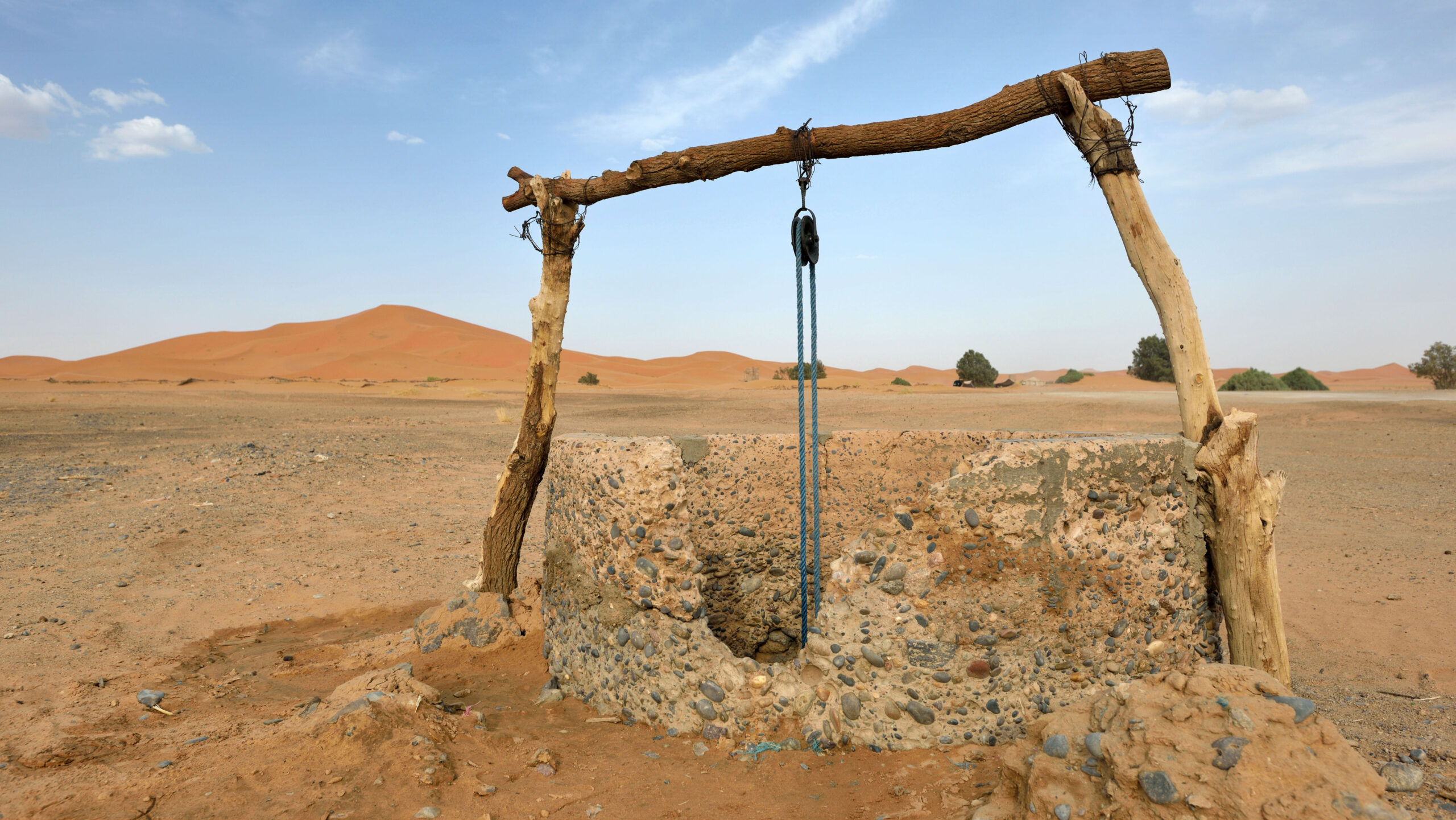
PARIS, France, The just ended Africa Water Week provided an opportunity for UNESCO to share with the region, lessons learnt and best practices from the ongoing Governance of Groundwater Resources in Transboundary Aquifers (GGRETA) project in Southern Africa. The project aims to strengthen regional stability, cooperation and peace through the establishment of cooperative frameworks for transboundary groundwater governance.
Speaking during the session on groundwater management and governance, experts urged the member states in Africa, especially the responsible authorities to invest in the assessment of groundwater resources that is, the transboundary aquifers. This is due to the lack of data available on the transboundary aquifers (TBAs), with only 15% of these have been subjected to scientific studies which makes it difficult to manage the same. The experts also presented on the potential of applying remote sensing, as a powerful tool that can be used to understand groundwater modelling, aiding in effective management of the resources, under the uncertain climatic conditions.
One of the key recommendations from the GRETTA session was to strengthen the cooperative frameworks and activities with Africa, especially focusing on capacity building, knowledge sharing and management, to increase the overall benefits that can be derived from ground water.
The participants attending the session applauded the significant progress that has been made to strengthen scientific understanding of transboundary aquifers through the setup of modelling frameworks. They also lauded the capacity building initiatives which are being run as part of the GGRETA project. In addition the participants called for the continuation of the capacity building programmes using online channels due to the constraints presented by the COVID-19 pandemic.
